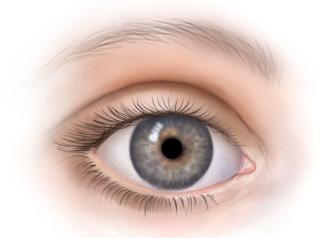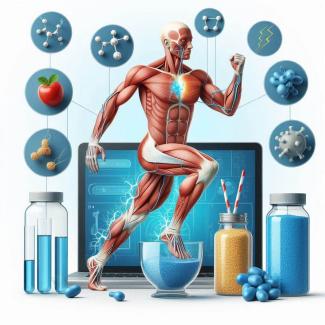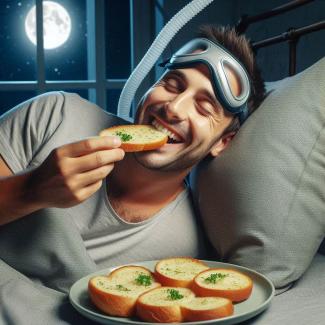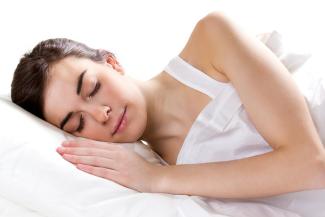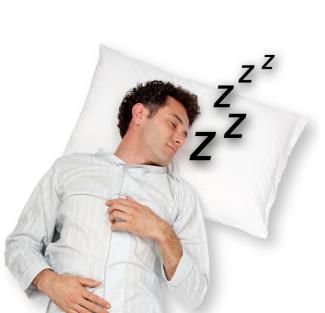
Certainly, here are some lesser-known sleep tricks that can help improve the quality of your sleep:
- 4-7-8 Breathing Technique: This technique, developed by Dr. Andrew Weil, is a simple and effective way to relax your body and mind before sleep. Here's how to do it:
- Sit or lie down in a comfortable position.
- Close your eyes and take a deep breath in through your nose for a count of 4 seconds.
- Hold your breath for a count of 7 seconds.
- Exhale slowly through your mouth for a count of 8 seconds.
- Repeat this cycle for several minutes, focusing on your breath. It can help calm your nervous system and prepare you for sleep.
- Progressive Muscle Relaxation (PMR): PMR is a relaxation technique that involves tensing and then releasing different muscle groups in your body. This can help relieve physical tension and promote relaxation before sleep. Here's how to do it:
- Start at your toes and work your way up, tensing each muscle group for 5-10 seconds, and then releasing.
- Progress through your legs, abdomen, chest, back, arms, and neck, all the way to your head.
- Focus on the sensations as you tense and release each muscle group. This can help you become more aware of any physical tension you may be holding onto.
- Reverse Psychology for Insomnia: Sometimes, the pressure of trying to fall asleep can make it even harder to do so. Try reverse psychology by telling yourself that you need to stay awake for as long as possible. Paradoxically, this can help alleviate the anxiety of not being able to fall asleep, making it easier to drift off.
- Nighttime Yoga Stretches: Engaging in a brief, gentle yoga routine before bed can help relax your body and mind. Poses like Child's Pose, Cat-Cow, and Legs Up the Wall can be particularly effective in preparing your body for restful sleep.
- Sleep on Your Back with a Pillow Under Your Knees: If you prefer sleeping on your back, try placing a pillow under your knees. This can help alleviate lower back pain and promote better spinal alignment during sleep.
- Use a Foot Warmer: Keeping your feet warm can help you fall asleep faster. Consider using a heating pad or a hot water bottle at the foot of your bed to keep your feet cozy.
- Read a Boring Book: Instead of reading an exciting or thrilling book before bed, opt for something a bit dull or uninteresting. This can help relax your mind rather than stimulate it.
- Aromatherapy: Certain essential oils, such as lavender, chamomile, and valerian, have calming and sleep-inducing properties. Use an essential oil diffuser or apply a few drops to your pillow to create a soothing atmosphere.
- Sleep in a Hammock: If you have access to a hammock, consider giving it a try for an afternoon nap or even a full night's sleep. The gentle rocking motion can promote relaxation and deeper sleep.
- Wear Socks: Keeping your feet warm can improve blood circulation and help you fall asleep faster. Try wearing a comfortable pair of socks to bed.
Remember that everyone is different, and what works for one person may not work for another. Experiment with these tricks and incorporate the ones that suit you best into your nightly routine to improve your sleep quality. Consistency is key in developing healthy sleep habits.


